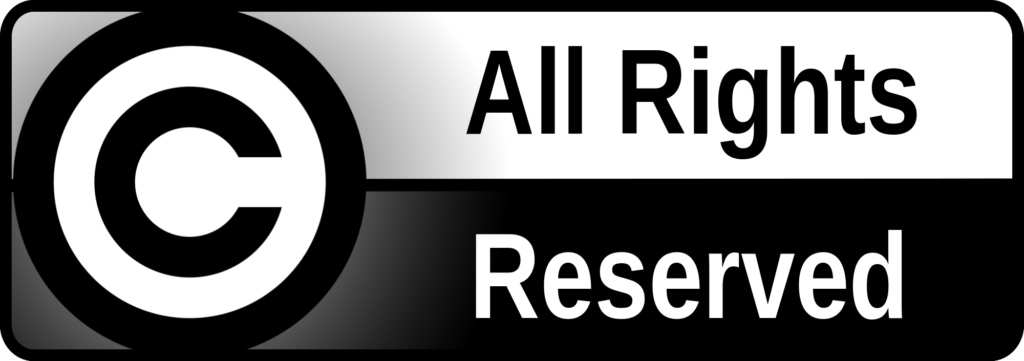In this article we are going to discuss PCB Reverse Engineering Intellectual Property Protection Necessity, although legislation issued a judicial interpretation of PCB Board reverse engineering in early twenty century, it did not infringe on trade secrets, but did not clearly stipulate whether it infringed on other intellectual property rights of the original designer, so that the products designed by the original rights holders were heavily Imitation does not provide effective relief from the law, and economic interests are greatly impaired.

At the same time, we can also see that there are relatively few infringement disputes in the design of the judicial process. On the one hand, the trial of this type of case has higher requirements for the technical literacy of the judges, and most of the judges is proficient in legal knowledge, but not very aware of specific technical issues, it is difficult to make a reasonable judgment.
On the other hand, because the laws are not perfect for the reverse engineering PCB board, there is no specific certification standard for the copy infringement involved in PCB reverse engineering. Some PCB board design companies are similar. It is difficult to find a favorable legal basis for the infringement problem. Considering the cost of litigation and other factors, the designer or copyright holder normally hesitant about whether to file a lawsuit.
This means that the PCB Reverse Engineering Intellectual Property Protection Necessity is particularly important.






